Why do you need salt in the dishwasher?
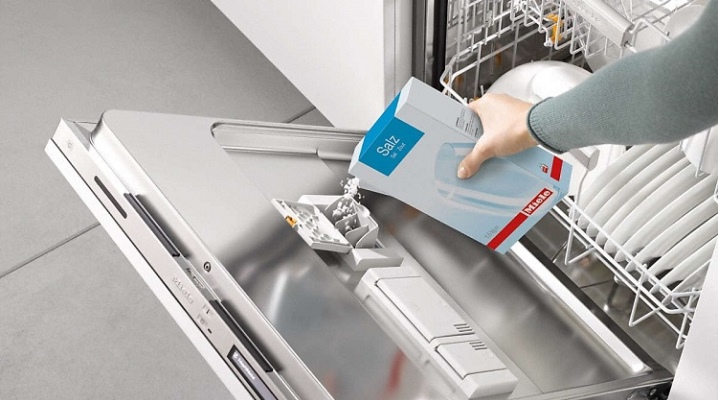
When buying a dishwasher, it is imperative to study the operating instructions and understand how to use it correctly so that the service life lasts as long as possible.... Perhaps many do not know what salt is needed for when working with PMM. But it is precisely the use of salt that is one of the factors in the careful handling of this technique.


Why add salt?
It is known from the school physics course that only distilled water is absolutely pure, without all kinds of compounds and impurities... Unfortunately, our tap water in almost all cities of Russia has a high hardness. Let's see what this means, and how it affects the operation of dishwashers. Hard water is water with a high content of salts, mainly magnesium and calcium (they are called “hardness salts”). When water is heated in any container, these salts settle on its walls. The same effect occurs in the dishwasher.
Salts settle on the surface of the heating elements in the form of scale, over time this layer becomes thicker, more energy is spent on heating the water, as a result, the spiral overheats, and the equipment fails. And the harder the water, the faster the machine will break down. But manufacturers of household appliances took this feature into account and designed a PMM with a built-in ion exchanger, which consists of a special resin containing sodium. Sodium in the resin tends to wash out over time, which leads to a loss of the protection efficiency of the dishwasher. That's why, in order to maintain the self-cleaning effect as long as possible, salt must be added to the PMM.
Each dishwasher model has a special compartment for salt.
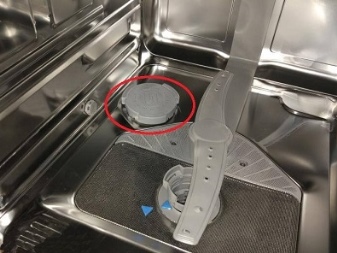
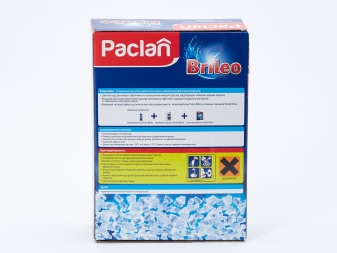
Now in any hardware store you can buy salts in the form of powder, granules or tablets, of a very different price range, in various weight packages. And also it should be noted that when softening the water, the consumption of the detergent decreases, that is, the output is cleaner dishes at lower costs, which is important for the family budget.
If we talk about savings, then, of course, you can use NaCl edible salt, but with great care. Buy only boiled peeled "Extra" varieties. Alternatively, use a filtered sodium chloride solution.
And, of course, the conditions for storing salt in the house must be observed. This should be a dry, dark place in some closet, or even better, pour it from the package into a dry container with a tight lid.
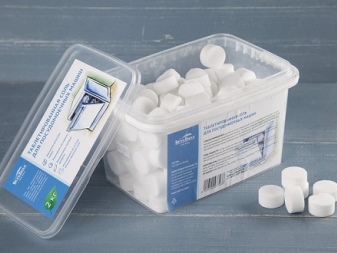
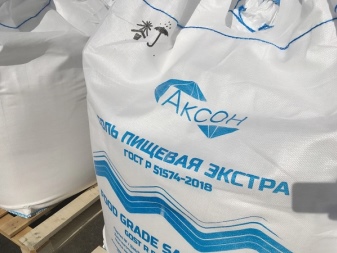
Operating principle
The principle of operation of salt in a dishwasher is based on the fact that calcium and magnesium ions have a positive charge, while sodium ions are negative. In the process of dissolving salts in water, a chemical reaction occurs, the so-called substitution process. Negatively charged ions attract positive ions to themselves, and they neutralize each other, as a result of which the water becomes soft and no scale forms on structural parts.
It is very important for the dishwasher to purchase special salt, and not use ordinary household or even more sea salt for the bath.... Since these types of salt may contain small particles of various impurities of other salts, which can lead to microcracks, damaging the integrity of structural elements. And also iodine, which has an extremely negative effect on parts, because it promotes corrosion.
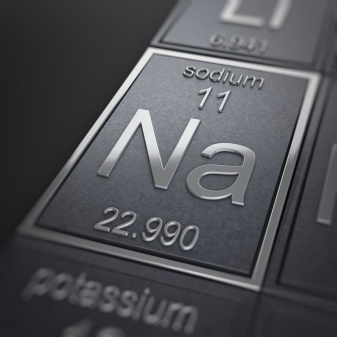
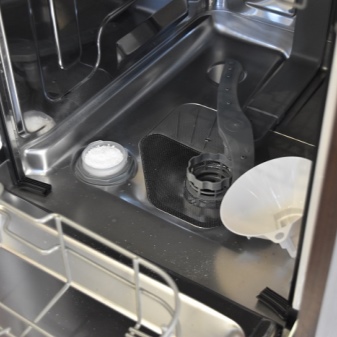
What will happen if you do not pour the product?
If you do not use additional salt when washing dishes, then sodium elements are gradually washed out from the resin, and then the machine continues to work with hard water. Sooner or later, this leads to a breakdown of the PMM. Before using your dishwasher, it is important to determine the hardness level of your tap water. This can be done in several ways - both with ordinary household and special means.
- Household methods... First of all, this is soaping. The harder the water, the less foam forms on the hands when soaping. Or you can track the rate at which limescale appears on the kettle. And there is also an easy way to determine the level of water hardness - take liquid into a transparent glass and leave it in a dark place for several days. With hard water, a sediment appears on the walls of the vessel, the water becomes cloudy and becomes covered with a film.
- Specialized tools give more accurate results... This is most often a test strip for determining the composition of water. And there are also special devices with hardness indicators, but they are not very in demand due to their high cost.
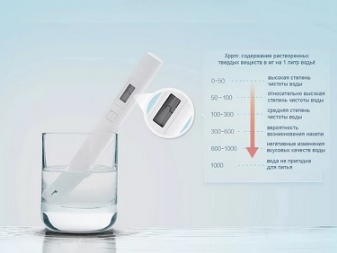

After determining the hardness of the water, it is necessary to set the indicators of the dishwasher to a special mode corresponding to the composition of the water.
The higher the hardness value, the more salt you need to add during washing. It is important to constantly monitor its presence in a special compartment in order for the equipment to remain intact and serve longer.
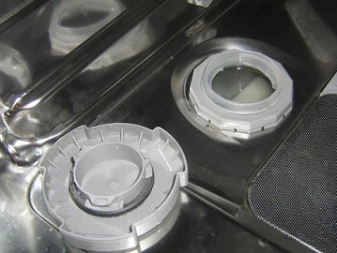














The comment was sent successfully.